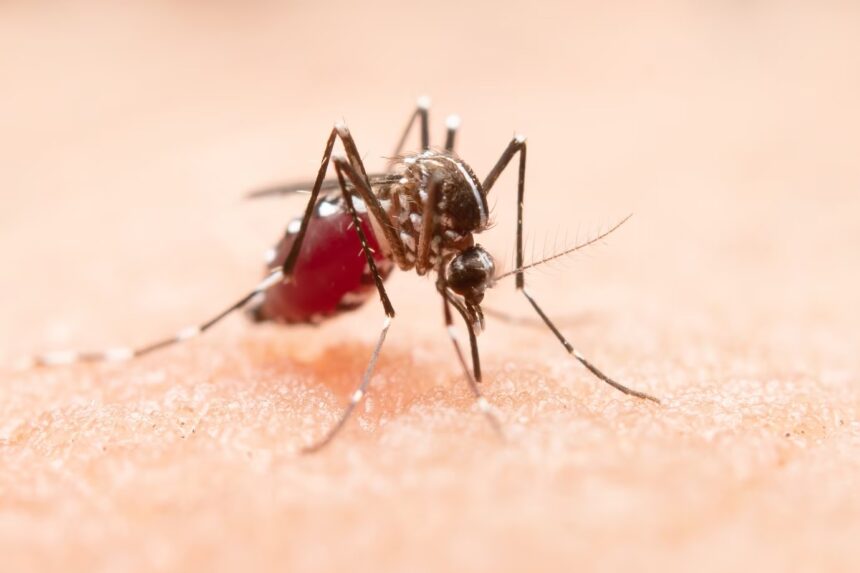Mosquito-borne diseases pose a significant health risk in many parts of South Africa, especially during the warmer months. These diseases, such as malaria, dengue fever, and Zika virus, can cause severe illness and even death. However, by taking preventive measures and implementing simple strategies, individuals can reduce their risk of mosquito bites and the transmission of mosquito-borne diseases. In this article, we will discuss essential tips for preventing mosquito-borne diseases in South Africa, helping individuals stay protected and maintain good health.
Use Mosquito Repellent:
Apply an effective mosquito repellent containing DEET (N,N-diethyl-meta-toluamide) or picaridin on exposed skin. Mosquito repellents provide a barrier against mosquito bites and reduce the risk of contracting mosquito-borne diseases. Follow the instructions on the product label for safe and effective use.
Wear Protective Clothing:
Wear long-sleeved shirts, long pants, and socks to minimize exposed skin. Opt for light-colored clothing, as mosquitoes are attracted to darker colors. Additionally, consider treating your clothing with permethrin, an insecticide that repels and kills mosquitoes. This can provide extra protection against mosquito bites.
Avoid Peak Mosquito Activity:
Mosquitoes are most active during dawn and dusk. Minimize outdoor activities during these times, especially in areas where mosquitoes are prevalent. If you must be outdoors during peak mosquito activity, take extra precautions to protect yourself from mosquito bites.
Use Bed Nets:
Use bed nets treated with insecticide, especially if you are in an area where malaria is endemic. Bed nets provide a physical barrier that prevents mosquitoes from biting while you sleep. Ensure that the bed net is properly tucked in and free of holes to offer maximum protection.
Eliminate Breeding Sites:
Mosquitoes breed in stagnant water, so it is essential to eliminate any potential breeding sites around your home. Regularly empty and clean containers, such as buckets, flower pots, and discarded tires, that can collect rainwater. Ensure that gutters and drains are not clogged and that water does not accumulate. Additionally, cover or treat larger water bodies, such as water storage tanks or ponds, with appropriate larvicides to prevent mosquito breeding.
Use Window and Door Screens:
Install window and door screens or use mosquito nets to keep mosquitoes out of your living spaces. Repair or replace damaged screens to ensure they are effective in keeping mosquitoes from entering your home.
Seek Medical Advice and Vaccinations:
If you are traveling to areas where mosquito-borne diseases are prevalent, seek medical advice well in advance. Consult a healthcare professional about necessary vaccinations, antimalarial medications, and other preventive measures specific to your destination.
Stay Informed:
Stay updated with local health advisories and warnings regarding mosquito-borne diseases. Be aware of any outbreaks or high-risk areas in your vicinity. Follow the guidelines and recommendations provided by health authorities and take necessary precautions accordingly.
Preventing mosquito-borne diseases in South Africa requires proactive measures to reduce mosquito exposure and protect oneself from bites. By using mosquito repellents, wearing protective clothing, avoiding peak mosquito activity, using bed nets, eliminating breeding sites, using window and door screens, seeking medical advice when necessary, and staying informed, individuals can significantly reduce their risk of contracting mosquito-borne diseases. These simple yet effective strategies empower individuals to stay healthy and enjoy their time in South Africa while minimizing the threat of mosquito-borne illnesses.










